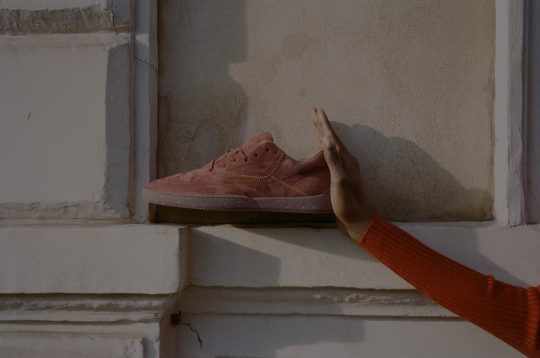Almost a quarter of a billion tonnes of plastic is manufactured every year. Considering it takes up to 500 years to biodegrade, it’s a good job we can recycle it, right?
Well, it would be if we actually managed to do so. But of the 5.8billion tonnes of the plastic discarded between 1950 and 2015, less than 10% has been recycled. The rest has been burned, landfilled or littered.
Plastic is harder to recycle than its manufacturers and sellers would have you believe.
For the tiny proportion of plastic that is recycled, the main method used is chemical. Chemical recycling involves using solvents on it to make either fuel, or feedstocks for making more plastic. Plastic to fuel conversion, unsurprisingly, produces greenhouse gases, compounding the problems caused when the plastic was created. Plastic to feedstock conversion produces toxic waste.
Greenpeace found that no plastic can be called recyclable
Greenpeace addressed this problem in a report published in 2022. They found that the amount of plastic actually turned into new products has fallen to about 5% of all that is produced. And as the increasing production of plastic places more strain on the capacity to recycle, that figure will drop even lower.
According to the Ellen McArther Foundation’s New Plastic Economy Initiative for something to be called recyclable, 30% of it must be recycled. Greenpeace found that no plastic can be called recyclable because no types of it have ever achieved anything close to that rate.
Here at RLSD, we believe the way to tackle this problem is to produce less plastic. We’re not saying leather can be used for all of its applications, but when offered the choice between leather and a plastic “alternative”, the decision is simple.
References:
https://ourworldindata.org/plastic-pollution
https://www.forbes.com/sites/christophermarquis/2022/07/12/beyond-plastics-the-myths-and-truths-about-recycling-and-potential-solutions/?sh=80d4e20c30c9
https://www.greenpeace.org/usa/reports/circular-claims-fall-flat-again/
https://ellenmacarthurfoundation.org/articles/recycling-and-the-circular-economy-whats-the-difference
Further reading: https://www.bbc.co.uk/news/av/science-environment-62013030








